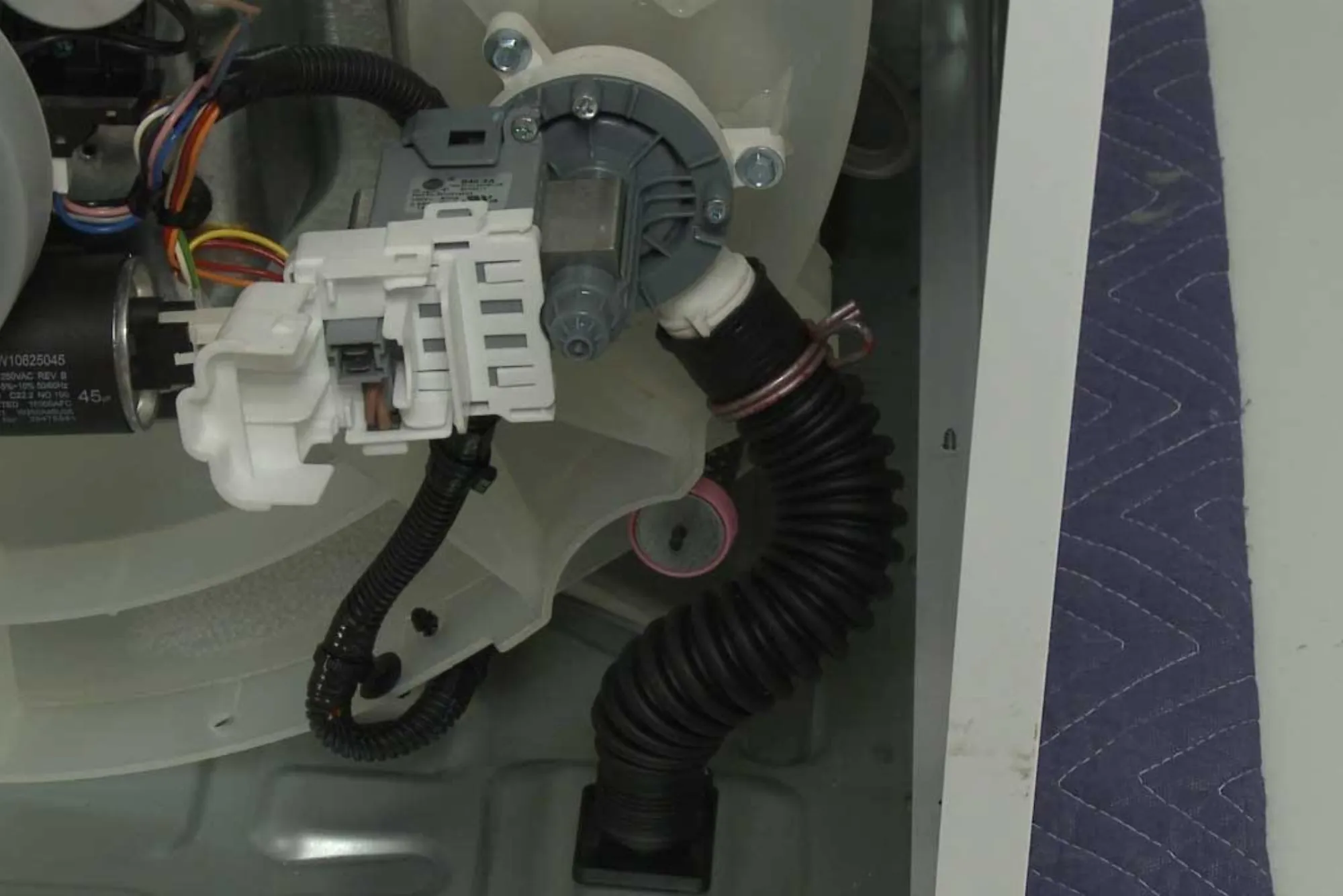In the bustling tech landscape of Dubai, web development companies are tasked with delivering high-quality websites within strict timelines. Effective management of project timelines and deadlines is not just a best practice but a necessity in this competitive environment. This article explores how web development companies in Dubai adeptly handle these challenges to ensure timely project completion.
The Significance of Project Timelines
Project timelines are central to the success of web development projects. They serve as a roadmap, guiding the development process and ensuring that all stakeholders are aligned. Timely delivery is crucial for maintaining client satisfaction and trust. It helps in managing expectations and building strong client relationships. Additionally, effective timeline management aids in resource optimization, ensuring that both human and technological resources are utilized efficiently. Adhering to deadlines also plays a vital role in budget control, preventing cost overruns and ensuring that the project remains financially viable.
Addressing Challenges
Web development projects are prone to various challenges that can impact timelines. Issues such as scope creep, where project requirements expand beyond the initial plan, can lead to delays. Technical problems and unforeseen complications can also disrupt development and extend timelines. Furthermore, communication gaps between clients and the development team can result in misunderstandings and missed deadlines. Addressing these challenges requires a proactive approach and effective management strategies.
Effective Timeline Management Strategies

Managing project timelines effectively begins with comprehensive planning. Detailed project planning involves defining the project’s scope and objectives clearly. This clarity helps in setting realistic deadlines and avoids the pitfalls of scope creep. A well-structured timeline with specific milestones ensures that every phase of the project is accounted for, from initiation to completion. Proper planning also includes resource allocation, assigning tasks based on team members’ expertise and availability to optimize productivity.
Adopting the Agile methodology is another strategy used by the web development company Dubai. Agile practices involve breaking down the project into smaller, manageable tasks or sprints. This iterative approach allows for frequent reassessment and adjustments, making it easier to address issues as they arise. Regular reviews and feedback sessions with clients and stakeholders ensure that the project remains aligned with their expectations and can be adjusted as needed.
The use of project management tools is integral to tracking progress and managing deadlines. Tools such as Trello, Asana, and JIRA offer features for organizing tasks, tracking milestones, and facilitating team collaboration. These tools provide a clear view of project progress, enhance transparency, and help maintain accountability. They also streamline communication and decision-making processes, contributing to more efficient project management.
Effective communication is essential for managing timelines. Clear and consistent communication with clients and team members helps in clarifying requirements, addressing issues promptly, and providing regular updates. This approach ensures that all stakeholders are informed about the project’s progress and any potential delays. Open lines of communication also foster a collaborative environment, where feedback is welcomed and issues can be resolved quickly.
Risk management is a critical aspect of timeline management. Identifying potential risks early in the project allows for the development of mitigation strategies to minimize their impact. Contingency planning ensures that there are backup solutions in place to address unforeseen issues. By proactively managing risks, companies can navigate challenges more effectively and keep projects on track.
Case Studies: Success Stories in Dubai
Examining the practices of leading web development companies in Dubai provides insight into effective timeline management. For instance, TechInnovate Solutions is known for its meticulous approach to project planning. By employing Agile methodologies and utilizing advanced project management tools, they ensure that projects are completed on time. Their success is attributed to detailed planning, regular client updates, and robust risk management strategies.
DubaiWeb Creations is another example of a company that excels in managing project timelines. Their strength lies in effective communication and risk management. By maintaining open communication channels with clients and addressing risks proactively, they consistently deliver projects on schedule, even when faced with challenges.
Best Practices for Managing Timelines
Setting realistic deadlines is crucial for successful timeline management. This involves evaluating the project’s scope and complexity and assessing the team’s capacity. Including buffer time in the timeline helps accommodate unexpected issues and changes. Continuous monitoring of project progress is also important. Regularly tracking milestones and reviewing team performance allows for timely adjustments to the project plan.
Fostering team collaboration enhances productivity and ensures that everyone is working towards the same goal. Encouraging open communication, supporting teamwork, and recognizing individual contributions help in creating a cohesive work environment. Learning from past projects is equally important. Analyzing completed projects to identify areas of improvement and applying lessons learned can refine timeline management strategies for future endeavors.
In Dubai’s competitive web development market, managing project timelines and deadlines effectively is essential for success. By implementing comprehensive planning, adopting Agile practices, utilizing project management tools, ensuring effective communication, and managing risks, web development companies can navigate the complexities of their projects and deliver high-quality solutions on time. These practices not only enhance project efficiency but also build strong client relationships and contribute to the company’s reputation in the industry.
















